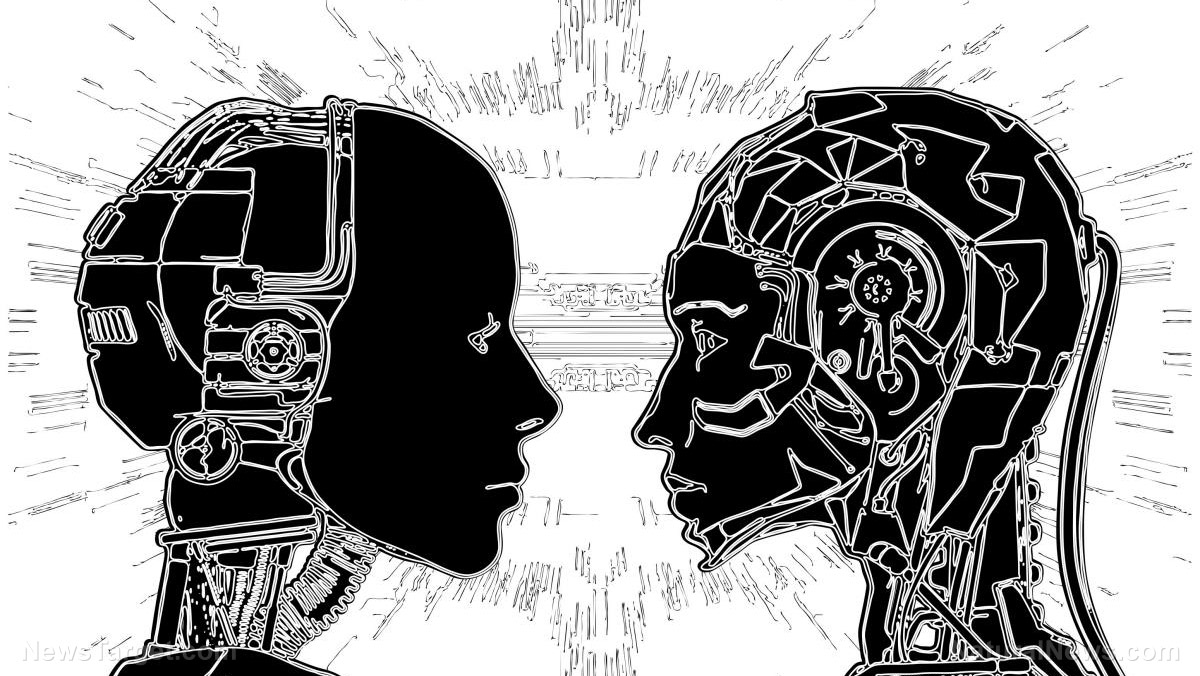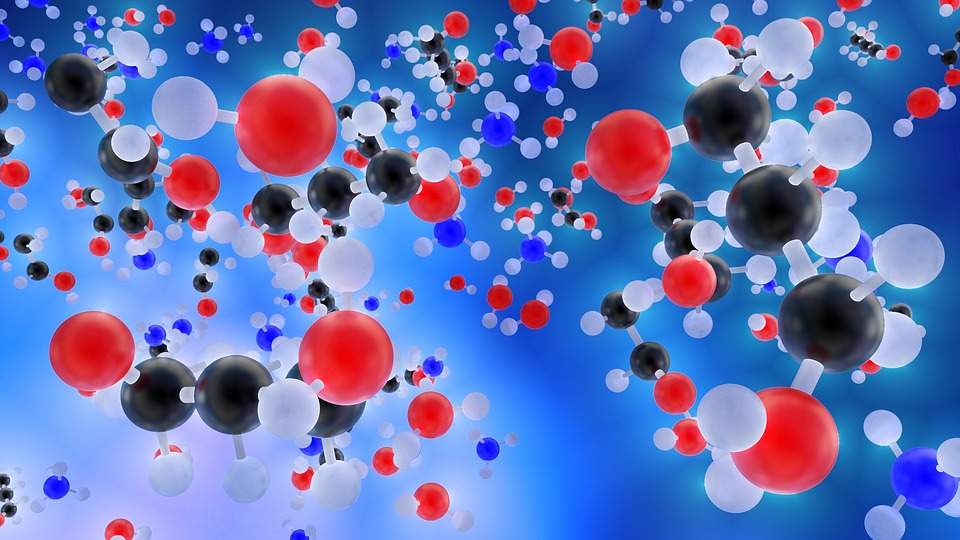CLAIM: Organ transplants to become “parts replacement” by 2070 when we will be able to “upgrade” organs that wear out with robotic pieces
07/14/2018 / By Edsel Cook

Mark down 2070 as the earliest year when humans will be able to replace their worn-out biological organs with full-fledged robotic parts, says a Daily Mail article. And if Microsoft has its way, you’ll have your “robot second self” in 2020. The Daily Mail cites the example of “biohackers” who underwent surgery to install computer chips inside their bodies for the ability to open electronic doors with a whimsical wave of their hands.
Some robotics experts like Chris Middleton believe the time is coming when affordable robotic body parts will become available for anyone bored with the natural limits of the human form. “At some point, 50 or 100 years in the future, might a whole human body become replaceable, editable, or upgradable?” asked Mr. Middleton during an interview with The Daily Star. “I wouldn’t bet against it.”
According to Mr. Middleton, there is an increasing number of technologies that coerce people to adopt unthinking robot-like behavior. On the flip side, he points out Siri, Alexa, and other intelligent personal assistants are taking on increasingly human traits.
Eventually, Middleton warned, these intelligent machines would reach a point where they achieve self-awareness. And they’ll be in a good position to usurp lordship and dominion over humankind. (Related: Bill Gates: The A.I. revolution may take away everyone’s job, but it’s okay because we’ll have more free time… huh?)
Siri and company have already reached a point where humans obey their vocal instructions without question.
“Walk 10,000 steps a day, run around the park, turn left, turn right, and so on,” said Mr. Middleton in emulation of certain intelligent devices that remind users to maintain their health and voice out directions to destinations.
He also casts a wary eye on wearable devices as another step towards the day when humans directly incorporate machinery inside our bodies. “I think in the long run, that’s inevitable,” Mr. Middleton admitted to The Daily Star. “But in the meantime, we should all treasure being human while it lasts!”
A university speaker who discusses the impact of artificial intelligence on human development, Mr. Middleton is firmly of the belief that robotics and AI will assume a dominant role in mankind’s future. He also said his opinions are rooted in current technological developments and interests. For example, there has been a slew of television series and movies like Black Mirror and Westworld that feature cyborgs, robots, and semi-humans.
“I write about robotics and AI in the real world,” he explained, “Because these technologies raise important questions about what sort of society we want, or don’t want. In the long run, many human beings may simply reject these technologies.”
The start of a new era – or the end of humankind?
Two Microsoft executives have a much swifter prognosis regarding the advance of robotics and AI. According to Brad Smith and Harry Shum, 20 years will suffice to develop a “robot second self” of a human being. They claimed this robot will serve as a digital extension of a human’s consciousness, able to access your every memory and thought. Eventually the Microsoft duo want to turn science fiction into science fact by creating advanced artificial intelligence software that can think just like a human.
There are, of course, plenty of warnings against bringing this particular idea to life. One need not have watched the Terminator movies or read any of the books of Isaac Asimov’s classic Robot series to know the potential perils of autonomous artificial intelligence.
Apparently, Smith and Shum agree with the naysayers. In a recently published book titled The Future Computed, they proposed installing strict controls on intelligent machines for safety’s sake.
If you’re interested in more news about robots and AI, drop by Robots.news.
Sources include:
Tagged Under: AI, Alexa, artificial intelligence, biohackers, biotechnology, computer chips, cyborgs, future tech, Microsoft, Robot revolution, robot takeover, robotics, robots, science and technology, Siri


















